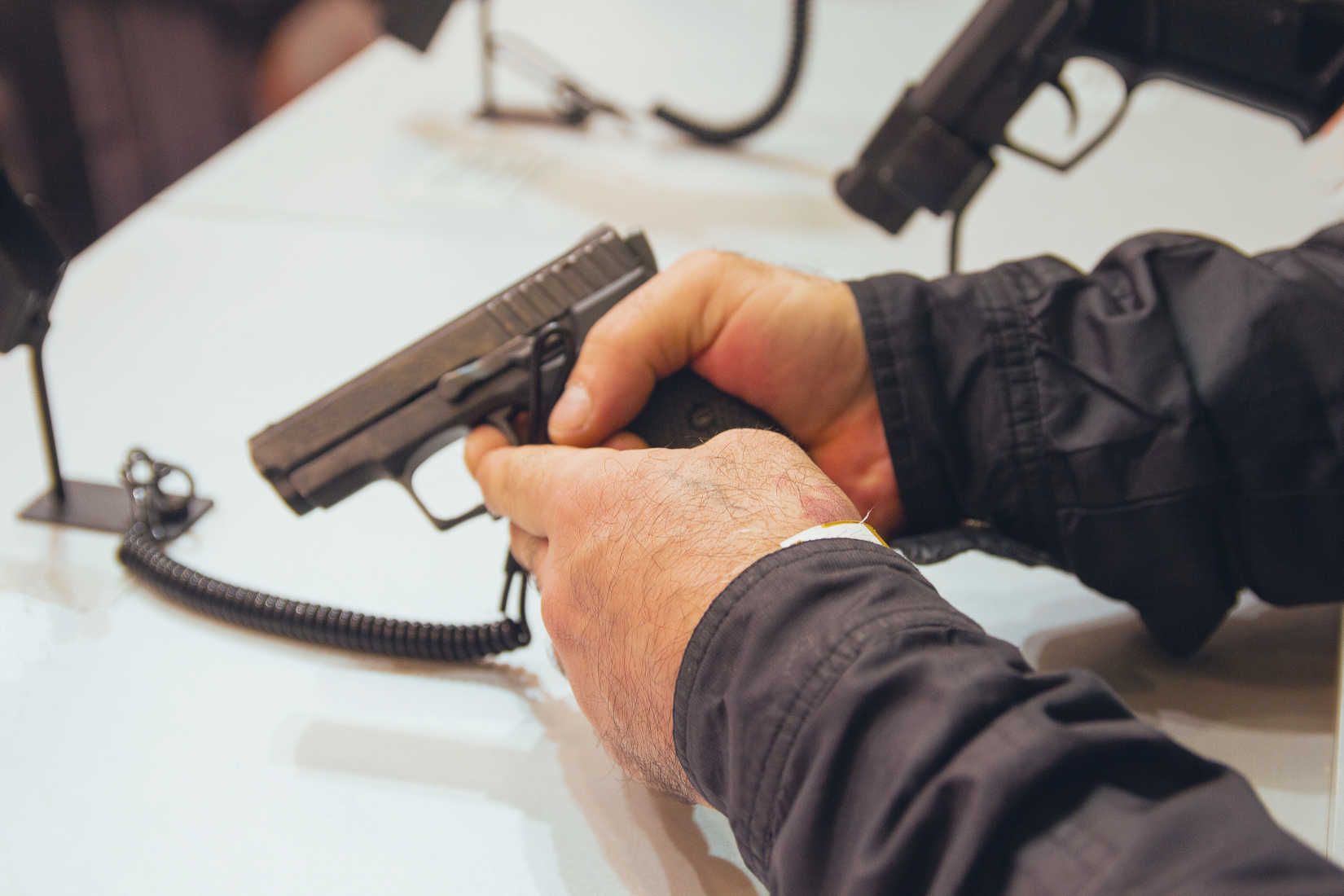By: Teresa Mull
The Department of Justice (DOJ) just released a new rule “to help enable the safe and secure storage of firearms and published a Best Practices Guide for federal firearms licensees (FFLs).”
According to the DOJ’s release, “This new rule implements the existing Gun Control Act requirement that federal firearms licensees that sell firearms to the general public (non-licensees) must certify that they have available secure gun storage or safety devices.”
The rule will take effect on Feb. 3 and will requires FFLs “to certify that they have secure gun storage devices available to their customers for purchase.” Approved devices include “a safe, gun safe, gun case, lock box or other device that is designed to be or can be used to store a firearm and that is designed to be unlocked only by means of a key, a combination or other similar means.”
And since not all secure storage devices work with every model and style of gun, FFLs “must have available secure gun storage options that are compatible with the firearms they are selling.”
“Gun safety is a Department of Justice priority, and we will continue to take all appropriate steps to help reduce the number of people killed and injured by the misuse of firearms,” Attorney General Merrick R. Garland said in a statement.
Of course we all support storing firearms in a safe manner, but what will requiring gun stores to sell these items accomplish, exactly? We know that safe storage laws themselves – and certainly not a simple requirement that stores have these devices on hand – don’t work to stem violent gun crime.
As Dr. John Lott reported in RealClearPolitics recently:
According to my research, which has been published in the Journal of Law and Economics and elsewhere, such laws make it more difficult for people to defend themselves and their families successfully. As a result, criminals became more emboldened to invade people’s homes. There have been 300 more total murders and 4,000 more rapes occurring each year in states with these laws. Burglaries are also dramatically higher.
Unless you send your child to play at a violent criminal’s home, your child is exceedingly unlikely to get shot at a gun owner’s home. It makes much more sense to check for a criminal history than to learn whether they own guns.
We see news stories about the horrible deaths and injuries from school shootings. And rightly so. But we don’t hear about the deaths that occur because people can’t readily access a gun to protect themselves and their families. These latter deaths are no less horrific.
The DOJ is also promoting the Bureau of Alcohol, Tobacco and Firearms (ATF)’s Best Practices Guide, which it encourages FLLs to provide to customers, to they can make sure they’re jumping through every hoop and complying with every unconstitutional edict the agency dreams up.
Most gun stores have safes, gun cases, lock boxes, and so forth available for purchase. Do they now have to have every size, style, and configuration of these items available at all times? What if, amid the madness from the Far Left and in fear of disease from the Far Left, the rush for firearms and related storage devices causes stores to run out? Will they be fined, shut down? What if they can’t get the storage devices for weeks at a time, because they, like everything else, is stuck in the supply chain chaos? What if you live in rural Pennsylvania, and everyone and his brother is a gun nut in possession of several safes already?
Will car manufacturers now be held to a similar standard, be required to include breathalyzers in their vehicles, to stop people from driving drunk? Or will stores selling knives now be forced to keep in stock at all times sheaths that come with a lock and key?
The DOJ’s full rule, which is long and tedious and terrible, can be viewed here.
Teresa Mull ([email protected]) is editor of Gunpowder Magazine.

